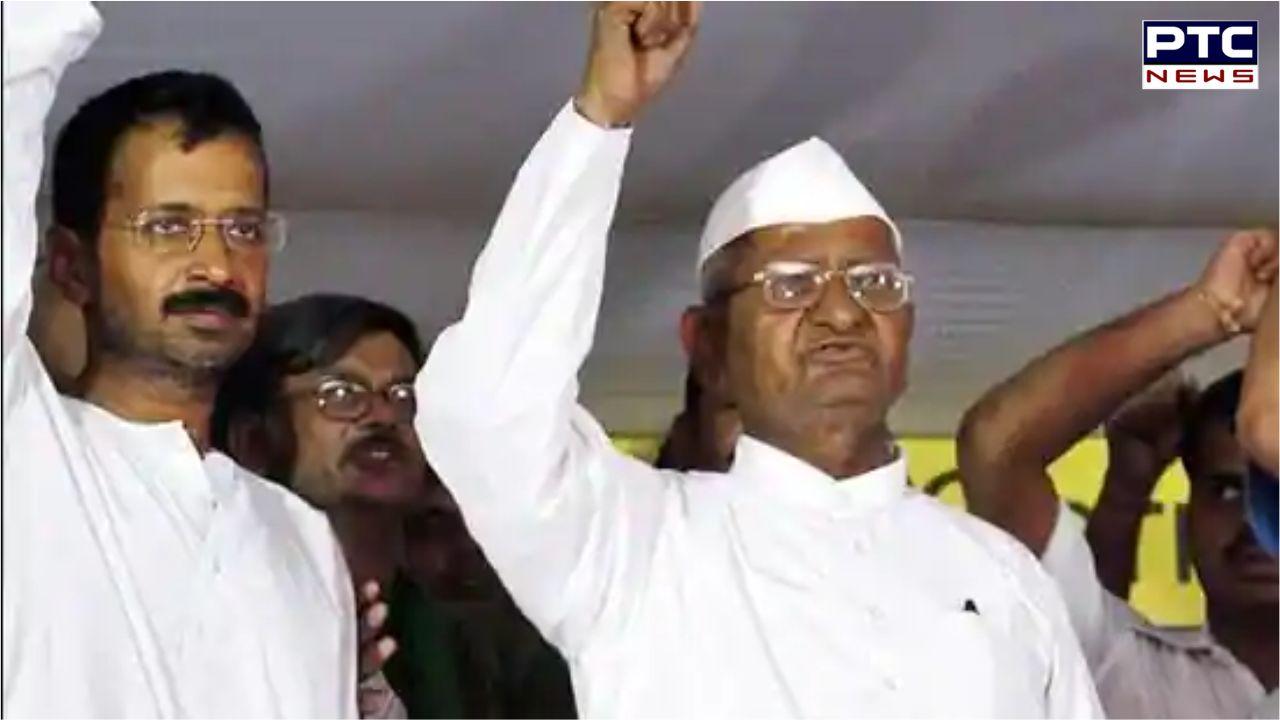Arvind Kejriwal has resigned for second time: A look back at his earlier 49-day stint as Delhi CM
Whether his latest move will have a similar outcome remains to be seen as Delhi prepares for next Assembly elections
PTC Web Desk: Arvind Kejriwal, Aam Aadmi Party (AAP) chief, has once again resigned as Chief Minister of Delhi after receiving bail in the Delhi excise policy case. This isn't the first time Kejriwal has stepped down from the top post. The first instance occurred nearly a decade ago when he famously resigned after 49 days in office during his first term as CM.
2011: The beginning of Kejriwal’s anti-graft crusade
Arvind Kejriwal came into the limelight in 2011 as a key figure in the India Against Corruption (IAC) movement, led by activist Anna Hazare. The movement aimed at implementing the Jan Lokpal Bill, a stringent anti-corruption law, which garnered nationwide support. This movement laid the foundation for Kejriwal’s political career and led to the formation of the Aam Aadmi Party (AAP) in 2012.

2013: Kejriwal’s 1st term as Delhi CM
In 2013, AAP contested the Delhi Assembly elections and won 28 out of the 70 seats. With the Bharatiya Janata Party (BJP) securing 32 seats, but refusing to form a government, AAP stepped in and formed a minority government with external support from the Congress, which had won eight seats. Arvind Kejriwal was sworn in as the Chief Minister of Delhi on December 28, 2013.
However, Kejriwal’s first term as CM was short-lived. His government lasted only 49 days, ending on February 14, 2014. Kejriwal resigned, citing the failure of the opposition parties, including BJP and Congress, to support the passing of the Jan Lokpal Bill in the Delhi Assembly. Kejriwal's decision to step down was widely debated, with some viewing it as a bold stand against corruption, while others criticised it as political immaturity.
2015: A triumphant return
Despite the abrupt end to his first term, Arvind Kejriwal made a strong comeback in the 2015 Delhi Assembly elections. AAP won a historic victory, securing 67 out of the 70 seats, with Kejriwal once again taking charge as Delhi’s CM. In 2020, Kejriwal repeated his success, securing a third term for AAP with another landslide victory.

Will Kejriwal’s latest resignation bring him back to power?
As Kejriwal steps down as CM once again, citing reasons such as his desire to reclaim the moral high ground following allegations of corruption, it raises questions about his political strategy. In the past, his resignation eventually led to AAP’s triumphant return to power. Whether this move will have a similar outcome remains to be seen as Delhi prepares for the next Assembly elections.